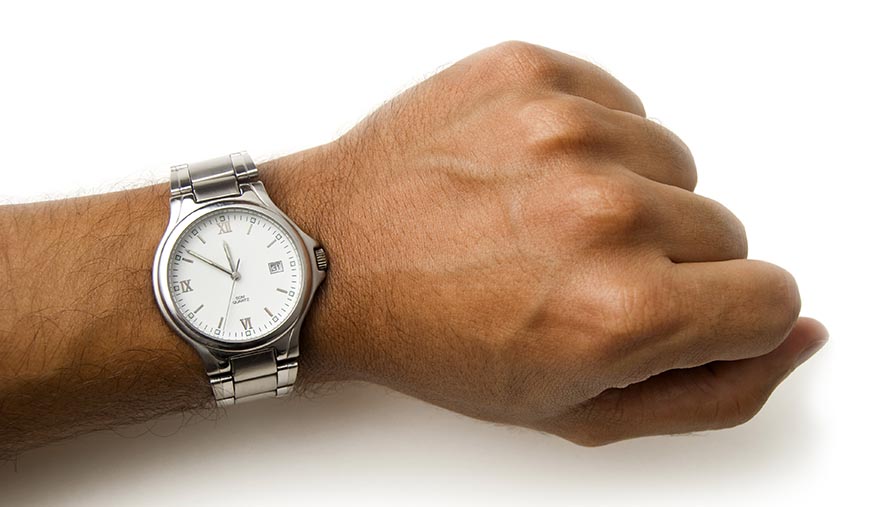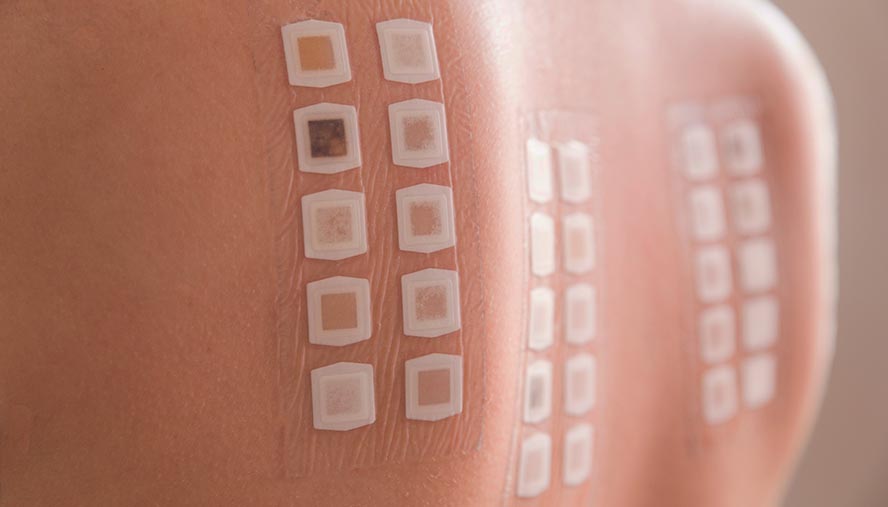Don’t Let Metal Allergy Ruin Your Hip or Knee Replacement
Every year, more than 1 million joints are replaced in the US, and the majority are knee or hip replacements. Out of those, about 10% will fail and require a second surgery. Find out what causes these joints to fail, and when to be concerned about metal allergies. More about metal allergy testing here.

What causes joint replacements to fail?
Infection and mechanical failure (from wear and tear, loosening and breakage) are the best known reasons that joint replacements fail. Revision surgery may be needed to stop the related pain, swelling and drainage. An allergy to joint components is increasingly recognized as another cause of joint replacement failure.

What kind of allergies can make hip and knee replacements fail?
When infection and mechanical failure are ruled out, physicians look at allergies to metals, including nickel and cobalt, in the joint hardware, or allergies to bone cement as possible causes of joint failure.

What are the symptoms of joint failure?
Swelling, pain, a loose or unstable joint, decreased range of motion, and occasionally a sense of internal itching or burning, are all possible symptoms of a failed joint replacement, whatever the cause.

How do I know if I am sensitive to metals or if I have an allergy?
If jewelry, watchbands or jean snaps have previously caused skin rashes or itching, you may be sensitive to metals. Your doctor can order testing to diagnose allergy to metal.

What metals cause allergic reactions?
Nickel, cobalt and chromium allergies are fairly common. It is estimated that 10 to 20% of Americans are allergic to nickel. The most common exposures to nickel are from ear piercing and jewelry.

I think I may be allergic to my new joint, now what?
Contact your surgeon if you are experiencing pain, swelling, stiffness, a decrease in joint function, joint instability or internal itching. Ask about testing for metal allergy if you’ve had metal sensitivity before.

What to do before having joint replacement surgery
If you’ve previously had a skin reaction to metal, ask your doctor about testing for metal allergy. If diagnosed with metal allergy, your surgeon can select the best implant for your allergies. Skin reactions to artificial nails or skin glue can sometimes predict an allergy to bone cement that should also be tested.

Where can I be tested for metal allergies?
National Jewish Health experts offer skin patch and blood tests for common implant metals such as nickel and cobalt, as well as other metal allergy testing. Call us at 877.225.5654 for more information or an appointment. Appointments for surgical material testing require a referral from your primary care physician or orthopedic surgeon.
